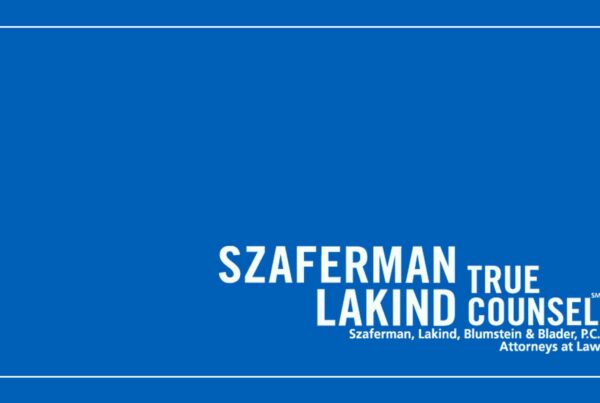Under New Jersey law, all employers are required to either carry a valid policy of workers’ compensation insurance or qualify to be self-insured, which means they will pay any benefits directly out of company income. Unfortunately, one of the corners that employers often cut is paying for workers’ compensation coverage. So what happens if you are hurt at work and your employer is neither self-insured nor carrying a policy of workers’ compensation
Fortunately, the New Jersey legislature established the Uninsured Employer’s Fund (UEF) to cover such contingencies. The UEF provides temporary medical and disability benefits to workers whose employers cannot make workers’ compensation benefits payments and don’t have workers’ compensation insurance.
To recover benefits from the UEF, you must file a workers’ compensation petition, just as you would in any other circumstance. The formal claim petition asks for the name of your employer’s workers’ compensation insurance provider or for certification that your employer is self-insured. If neither of those conditions are indicated on the claim petition, the New Jersey workers’ compensation division will conduct a search through the state’s Compensation Rating and Inspection Bureau to verify your employer’s workers’ compensation insurance status.
If the search indicates there is no coverage, a hearing is scheduled to determine the actual status of your employer’s workers’ compensation benefits. If your employer is found to have violated New Jersey law, a financial penalty will be imposed and the workers’ compensation judge will enter an order allowing the UEF to make all disability and reasonable and necessary payments for medical expenses.
Contact Us
To arrange a private meeting, contact us by e-mail or call our office at 609-771-8611. Evening and weekend meetings are available upon request. We take all major credit cards.
We handle all personal injury cases on a contingency basis. There will be no attorney fees unless we get compensation for your losses.



